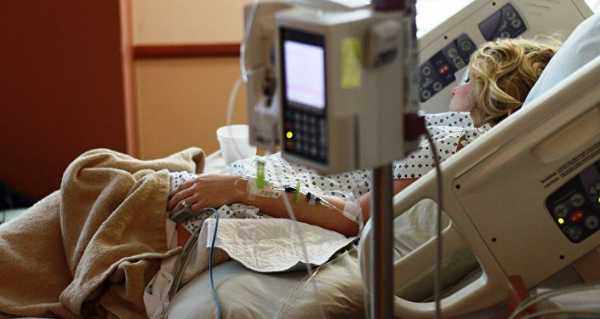
The Summit supercomputer – one of the world’s most powerful computers – has allowed scientists to analyze more than 40,000 genes from 17,000 samples related to the COVID-19 novel coronavirus and develop a new hypothesis on how the contagious disease causes various symptoms in the human body.
“This is one of those rare times where you can really tie everything back to a eureka moment,” study lead Dan Jacobson, of the US Department of Energy’s Oak Ridge National Laboratory (ORNL) in Tennessee, said in a news release.
The release described a phenomenon called a cytokine storm: a severe reaction that occurs when the human body produces more cytokines, “a variety of small proteins that help regulate the immune system,” than necessary.
Cytokine storms have been blamed for the mysteriously higher death rate seen in some illnesses, such as influenza, among younger people with stronger immune systems, which effectively overreact to the illness.
However, Jacobson believes this is related to the bradykinin pathway, which, along with the renin-angiotensin system, “regulates blood pressure and fluid balance in the body” and could actually help explain the different ways in which the novel coronavirus attacks the human body.

A normal blood vessel, shown at top, is compared with a blood vessel affected by excess bradykinin. A hyperactive bradykinin system permits fluid, shown in yellow, to leak out and allows immune cells, shown in purple, to squeeze their way out of blood vessels.
“We believe that when you take the inhibition at the top of this pathway off, you end up with an out-of-control cascade that leads to an opening up of the blood vessels, causing them to leak,” Jacobson said. “If that happens in the lung, that’s not good. Immune cells that are normally contained in the blood vessels flood into the surrounding infected tissue, causing inflammation.”
The results, published in peer-reviewed, open-access scientific journal eLife, revealed that genes associated with the bradykinin system “appear to be excessively ‘turned on’ in the lung fluid cells of those with the virus,” according to the news release.
If Jacobson and his colleagues’ hypothesis proves correct, then at least 10 existing drugs could be used to treat the pathways disrupted by the contagious disease, “but large-scale clinical trials are needed to determine whether they might be effective at treating COVID-19,” highlighted the release.
Sourse: sputniknews.com
0.00 (0%) 0 votes


































